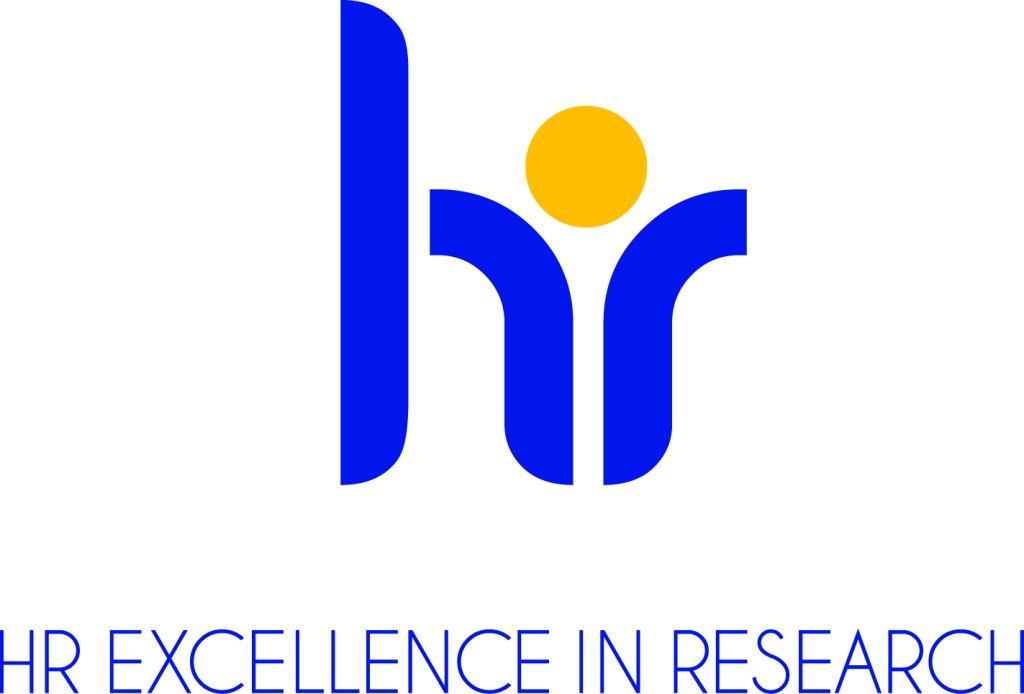Science Studies Research Unit
Researchers
- Prof. Michał Kokowski – supervisor
- Mateusz Hübner, PhD
- Dorota Kozłowska, MA
The following research teams are affiliated to the Science Studies Research Unit:
- Research team for journals
- Research team for open access, digital humanities, and scientific communication tools
- Research team for the evaluation of scientific achievements and science policy
Main research activities
Science Studies Research Unit deals with theoretical and practical problems in the field of integrated science studies.
This field of scientific knowledge is a blend of many specific fields such as the history of science, philosophy of science, sociology of scientific knowledge, science policy, psychology of scientific discovery, ethics, legal sciences, scientific communication, scientometry, and bibliometrics, and its purpose is to discover the structure and mechanisms of creating science and to increase the effectiveness of science development.
The Unit’s activities are characterised by the employment of synergy and positive feedback, which arise as a result of the impact of various complementary interpretative approaches that define integrated science studies.
Main research activities (alphabetically):
- advantages, limitations, and disadvantages of journal indexing databases,
- analysis of legal acts regarding the organization of scientific activities,
- analysis of scientific output evaluation models,
- current bibliography of the history of science and technology,
- dated and modern tools for scientific communication,
- digital humanities,
- evaluation of scientific journals,
- fundamental limitations of bibliometrics,
- history of science studies,
- ideology of “pointosis” (“scoreosis”) and “grantosis”,
- international and national scientific cooperation in the field of the history of science,
- open access,
- rational methods for developing scientific journals,
- science policy analysis.
Research topics
- “Analysis of evaluation models of scientific achievements”; “Analysis of scientific policy”; “Evaluation of scientific journals, including Polish journals on the history of science”; “Fundamental limitations of bibliometrics”; “Criticism of the ideology of ‘pointosis’ [‘scoreosis’] and ‘grantosis’”; “International and national scientific cooperation in the field of the history of science”; “Advantages, limitations and disadvantages of journal indexation databases” (M. Kokowski).
- “Current bibliography of the history of science and technology” (D. Kozłowska).
- “History of science studies” (S.J. Zamecki).
- “Evaluation of scientific achievements and science policy” (M. Kokowski [IHN PAN, IOI PAN]); non-IHN PAN researchers: J. Jeszke (UAM), M. Rembierz (UŚ), P. Stec (UO), M. Szulc-Kotowska (IIiTD PAN, IOI PAN), W. Włoskowicz (IJP PAN)).
- “Open access, digital humanities and scientific communication tools” (M. Kokowski, M. Jasiński, J. Kozakowski, D. Kozłowska).
- “Rational methods for developing scientific journals” (M. Kokowski (supervisor), M. Getka-Kenig, M. Jasiński, M. Paciorek, D. Sunderland, R. Zaborowski; non-IHN PAN researchers: J. Gęgotek (UW); Ł. Jeszke (Poznań University of Technology Library); M. Rembierz (UŚ).
Seminars and conferences of Science Studies Research Unit
Communication between people associated with the Unit and its Teams will take place mostly, or even entirely, remotely via videoconferences and emails.
See the list of organized events – link.
Research Cooperation
- Citizens’ Initiative of the Institutes of the Polish Academy of Sciences
- Commission on the History of Science, Polish Academy of Arts and Sciences
- Committee for the History of Science and Technology, Polish Academy of Sciences
- Science of Science Committee, Polish Academy of Sciences


 Back
Back
